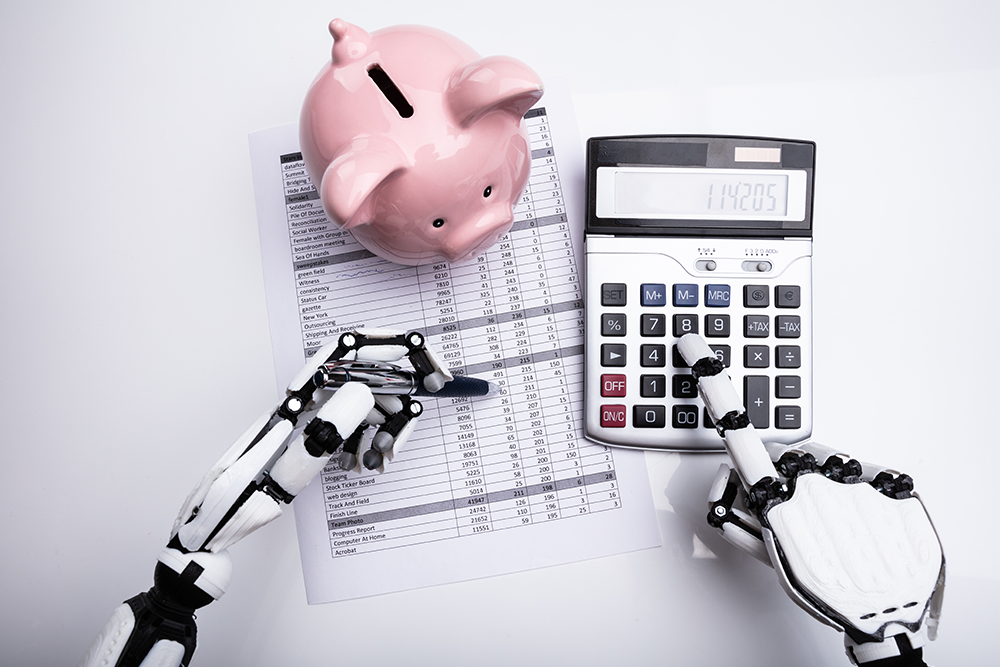Week 5: AI Impacts Future Jobs
As an accounting student, understanding the impact of artificial intelligence (AI) on businesses is crucial for my future career. AI is reshaping financial reporting, auditing, and management decision-making, making it imperative to stay informed about its capabilities and implications.
Companies like Klarna demonstrate the power of AI in automating tasks traditionally performed by accountants, such as financial analysis, fraud detection, and contract review. This automation increases efficiency and reduces costs, as seen in Klarna's reported savings and workforce reduction. However, it raises ethical and strategic concerns regarding job displacement, corporate responsibility, and the long-term role of financial professionals.
For me, as an aspiring accountant, this shift means I must develop skills beyond traditional bookkeeping and financial reporting. Critical thinking, data analytics, and AI literacy will be key differentiators in the evolving job market. I need to understand how AI models process financial data, assess risks, and ensure compliance with accounting standards. Additionally, ethical considerations around AI use—such as maintaining transparency and mitigating biases—will become integral to the profession.
The case of Klarna also highlights how executives approach AI adoption. While some, like IBM’s Arvind Krishna, emphasize AI as a tool for enhancing human productivity, Klarna’s Sebastian Siemiatkowski takes a more aggressive stance, suggesting that AI could replace entire job functions. This contrast underscores the need for accountants to advocate for responsible AI implementation, ensuring that automation enhances, rather than undermines, financial integrity and workforce sustainability.
Ultimately, the rise of AI presents both challenges and opportunities for accountants. I can position myself as a valuable asset in an increasingly automated financial world by adapting to these changes.


Comments
Post a Comment